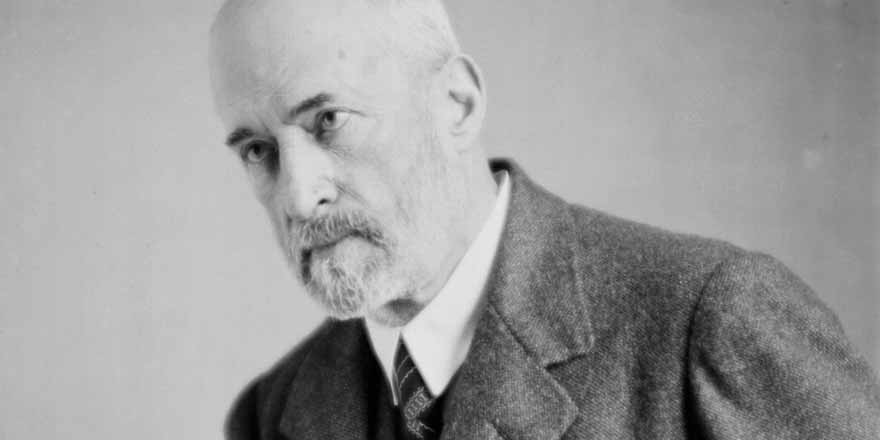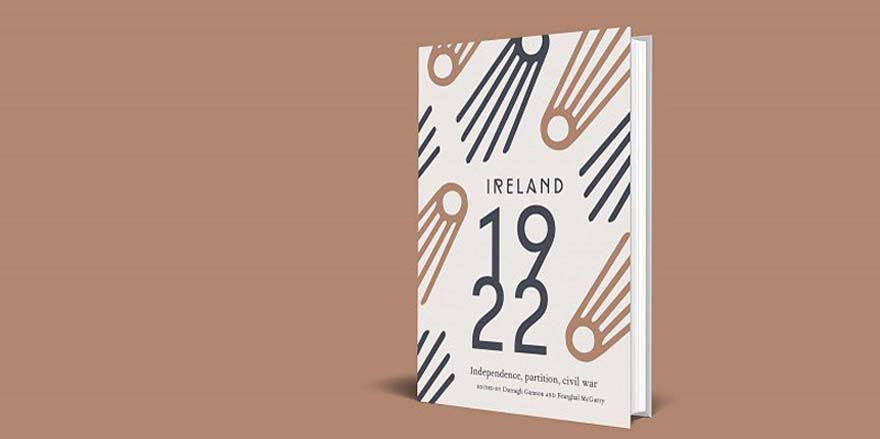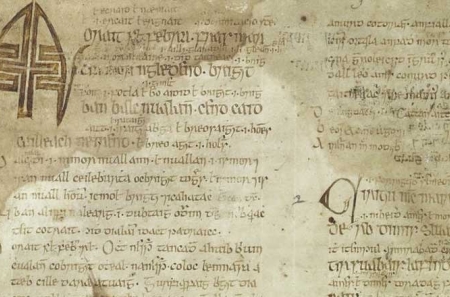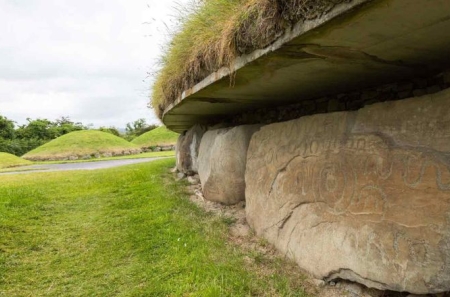
25 January 1922: Premiere of Swan Hennesy’s Second String Quartet, Paris
25 January 2022Read Harry White's essay on 'Art Music and the Struggle for Independence' on Century Ireland.
Ireland 1922, edited by Darragh Gannon and Fearghal McGarry, features 50 essays from leading international scholars that explore a turning point in history, one whose legacy remains controversial a century on. Building on their own expertise, and on the wealth of recent scholarship provoked by the Decade of Centenaries, each contributor focuses on one event that illuminates a key aspect of revolutionary Ireland, demonstrating how the events of this year would shape the new states established in 1922. Together, these essays explore many of the key issues and debates of a year that transformed Ireland.
In collaboration with Century Ireland, we are making the 50 essays freely available online. Today's essay is by Harry White and it covers the premiere of Swan Hennesy’s Second String Quartet that took place in Paris on 25 January 1922:
"‘In my early Dublin days’, the English composer (and Master of the King’s Music) Arnold Bax wrote in 1952, ‘I moved in an almost wholly literary circle. There was no talk of music whatever’. I have always taken this comment (as have many other people) as a byword for the general apathy and indifference surrounding art music in Ireland in the years leading up to the foundation of the state. Bax’s own enchantment with Irish culture was mediated through his profound admiration for Yeats: in the shadow of Yeats’s poetry and plays, the temple of his own art was raised. His early tone poems are orchestral works inspired not by traditional music (he disdained the arrangement of Irish melodies by Sir Charles Villiers Stanford, whose music, according to Bax, ‘never penetrated to within a thousand miles of the Hidden Ireland’), but by a visionary romanticism that lay on the cusp of political awareness. Bax lived continuously in Dublin from 1911 until the outbreak of the Great War. On one occasion he invited Patrick Pearse to his home (in Rathgar) through the agency of their mutual friends, Padraic and Molly Colum. Bax was deeply impressed with his ‘death-aspiring’ guest, and recounts that when later he read the first reports of the Easter Rising (by the shore of Lake Windermere), he said to himself, ‘I know that Pearse is in this!’ On 9 October 1916 he completed the short score of an orchestral work, entitled In memoriam and dedicated to the memory of Pearse; it lay unperformed until 1998. The original short score was presented to Éamon de Valera by Harriet Cohen in 1955, and subsequently deposited in the library of University College Dublin." Continue reading (you will be redirected to the website of Century Ireland)
Ireland 1922, edited by Darragh Gannon and Fearghal McGarry, is published by the Royal Irish Academy with support from the Department of Tourism, Culture, Arts, Gaeltacht, Sport and Media under the Decade of Centenaries 2012-2023 programme.




